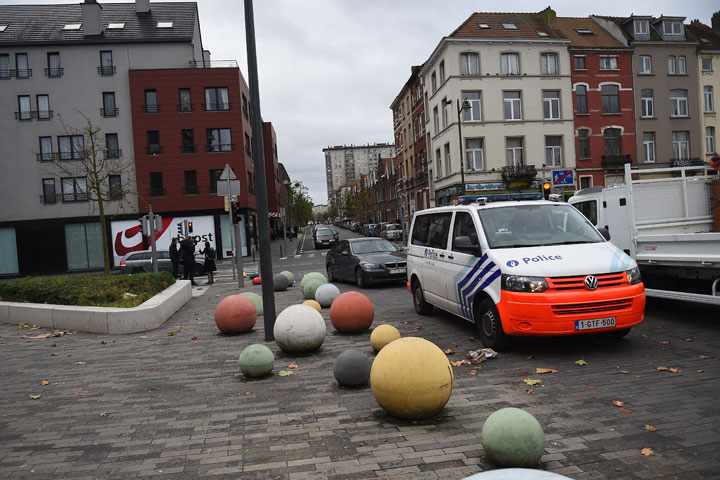A Belgian official says seven people have been detained in Belgium linked to the Paris attacks.

The official, who spoke to The Associated Press in Brussels by phone, also said two of the seven attackers who died in Paris on Friday night were French men living in Brussels. He said one of the French attackers was living in the Molenbeek neighbourhood, which is considered a focal point for religious extremism and fighters going to Syria.
READ MORE: After the Paris attacks: France searches for answers as it mourns death of 129 people
The official said the seven people who were detained will hear later Sunday whether they will be held in custody longer.
He spoke on condition of anonymity due to the ongoing investigation.
The remains of one of the terrorists at the Bataclan were identified as a 29-year-old Ismael Mostefai, a Frenchman who was known to police.
READ MORE: Security experts stunned by Paris attacks
Mostefai, who had a record of petty crime and had been flagged in 2010 for ties to Islamic radicalism. He was identified from fingerprints found on a finger amid the bloody carnage from a Paris concert hall, the Paris prosecutor said. A judicial official and lawmaker Jean-Pierre Gorges confirmed his identity.
Police detained his father, a brother and other relatives Saturday night, and they were still being questioned Sunday, the judicial official said.
Another attacker was found with a Syrian passport outside the Stade de France.
READ MORE: Frenchman and man with Syrian passport among attackers in Paris
Officials in Greece said the a man using that passport had entered in October through Leros, one of the islands that tens of thousands of people fleeing war and poverty in Syria and elsewhere have been using as a gateway to the European Union in recent months.
The same passport was used by a man entering Serbia from Macedonia on Oct. 7 who requested asylum in Serbia, according to Serbian police.
It was not clear if the passport was real or fake, or if it belonged to the suicide bomber. The chief of the European Union border agency Frontex has said trafficking in fake Syrian passports has increased as a flood of refugees has poured into Europe.
His identity has not yet been released to the public.
There’s no official word on the rest of the people involved.



Comments